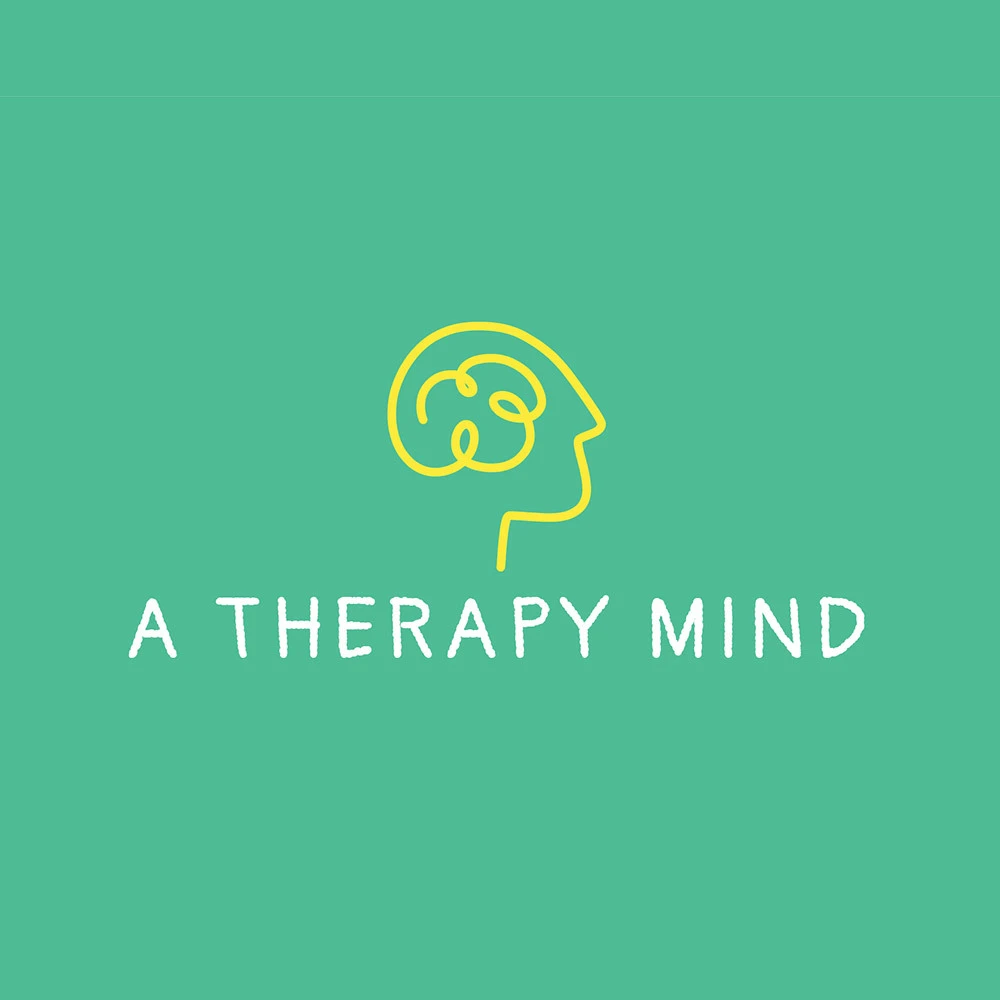Neurodivergence refers to natural variations in how the brain processes information, thinks, and behaves. This includes conditions such as autism, ADHD, dyslexia, dyspraxia, Tourette’s syndrome, and more. While many people associate these differences with childhood diagnoses, an increasing number of adults are now recognising neurodivergent symptoms in themselves.
Understanding the neurodivergent traits in adults can help individuals seek support, develop coping strategies, and embrace their unique strengths.
Common Neurodivergent Symptoms
Neurodivergent symptoms can vary widely depending on the specific condition and the individual. Some may experience challenges in one area while excelling in another. Common symptoms across various types of neurodivergence include:
- Differences in communication style, such as preferring direct speech or finding small talk challenging.
- Sensory sensitivities, like being easily overwhelmed by noise, light, or textures.
- Difficulty with executive functioning, including time management, organisation, and prioritising tasks.
- Strong focus on specific interests, sometimes described as “hyperfocus.”
- Feeling socially exhausted after interactions.
These symptoms are not inherently negative—they represent different ways of experiencing and interacting with the world.
Neurodivergent Traits in Adults
Identifying neurodivergent traits in adults can be more complex than in children. Many adults have learned to mask or camouflage their differences to fit societal expectations. This can make their neurodivergence less visible but also lead to burnout, anxiety, or feelings of isolation.
Some key traits include:
- A preference for routine and predictability.
- Deep, passionate knowledge in certain topics.
- Difficulty shifting attention from one task to another.
- Unique problem-solving approaches that may differ from conventional methods.
- Strong moral compass and a tendency to be highly honest or direct.
These traits often come with both challenges and advantages. For instance, while sensory sensitivities might cause discomfort in certain environments, they can also make someone more attuned to details others might miss.
Signs of Neurodivergence in Adults
Recognising the signs of neurodivergence in adults can be an important step toward self-understanding and seeking professional assessment if desired. Signs may include:
- Persistent feelings of being “different” from peers.
- Struggling in social settings despite trying to follow social norms.
- Experiencing mental fatigue after interactions.
- Difficulty maintaining focus on tasks that are not personally interesting.
- Having unique learning preferences, such as visual, auditory, or hands-on methods.
It’s worth noting that these signs do not automatically mean someone is neurodivergent. Only a qualified professional can provide a diagnosis, but recognising these patterns can help guide next steps.
Embracing Neurodivergence
Understanding neurodivergent symptoms, recognising neurodivergent traits in adults, and identifying the signs of neurodivergence in adults can lead to greater self-acceptance and access to supportive resources. Many neurodivergent individuals thrive when their needs are understood and accommodated—whether that means adjusting work environments, finding compatible relationships, or using tools to manage sensory and executive functioning challenges.
Neurodivergence is not about deficits—it’s about differences. By recognising and valuing these differences, society can create more inclusive spaces where all minds are celebrated.


